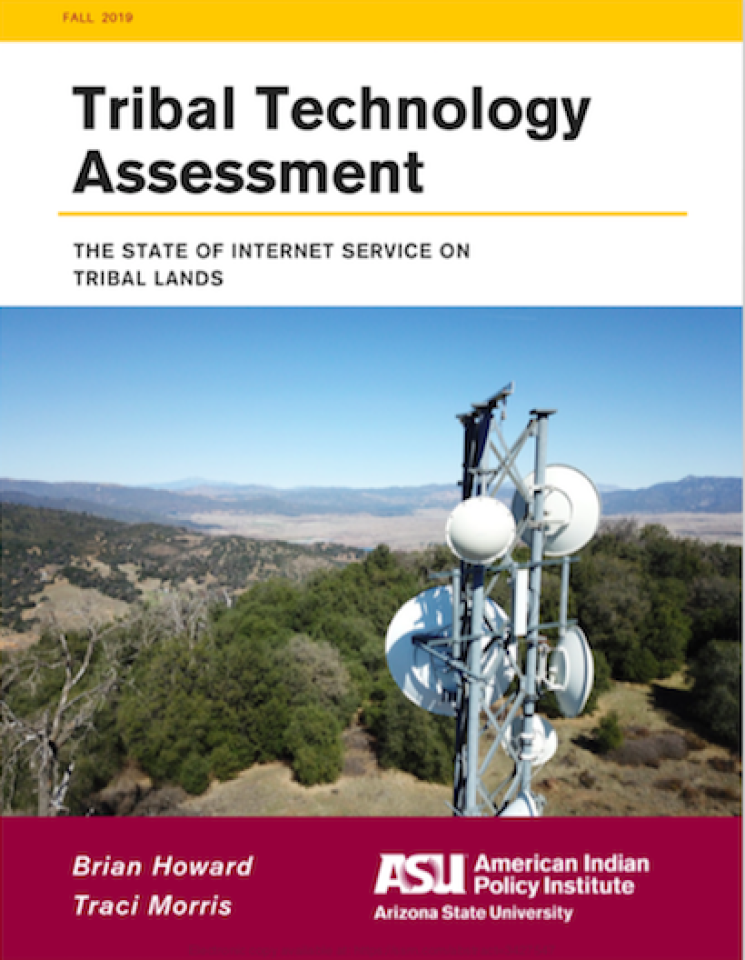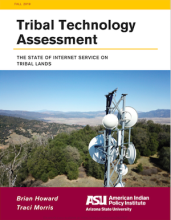
The Institute for Local Self-Reliance (ILSR) is pleased to announce that it has been selected by the American Council of Learned Societies (ACLS) as a host organization for two Leading Edge Fellowships, which demonstrates the potential of humanistic knowledge and methods to solve problems, build capacity, and advance justice and equity in society. Leading Edge Fellowships place recent humanities PhDs with nonprofit organizations committed to promoting social justice in their communities.
In Fall 2021, the program will place up to 41 recent PhDs to work on projects at partnering organizations. Fellows receive an annual stipend of $60,000, as well as health insurance and professional development funding. Fellows lead substantive projects that draw on the skills and capacities honed in the course of earning the humanities PhD, including advanced communication, research, project management, and creative problem solving. This initiative is made possible through the support of The Andrew W. Mellon Foundation.
Applications are due May 6, 2021 (9pm EDT). For more information, visit https://www.acls.org/Competitions-and-Deadlines/Leading-Edge-Fellowships
ILSR will host two fellowship positions:
PROJECT 1
Bridging the Digital Divide in Native Nations

ILSR has compiled the only known database of existing tribal broadband networks in the United States as a step toward understanding the unique challenges those communities face. With the support of ILSR’s broadband team, the Leading Edge Fellow will conduct original research and writing in service of developing policy narratives that can be used to support new and existing tribal broadband efforts. This is a full-time commitment for the fellowship year, including dedicated time for professional development activities.
Responsibilities and tasks:
- Research the political, economic, cultural, legislative, and other barriers standing in the way of tribally owned broadband networks
- Document the cost of deployment for tribal broadband networks for an array of technologies
- Research the impacts of and produce material to advocate for tribal control of wireless spectrum, and update existing databases
- Interview tribal leaders on existing efforts
- Participate in storytelling (through case studies and longer reports) which details the economic, cultural preservation, and health benefits of locally owned, affordable broadband access
Qualifications:
- PhD in any field of the humanities or humanistic social sciences. Read more about eligible fields at the ACLS website;
- Familiarity with both qualitative and quantitative analysis; position will not require sophisticated statistical methods, but will require the ability to collate basic demographic data;
- Ability to work independently within the parameters of a project;
- Interest in thinking and writing about solutions to bridge the digital divide;
- Commitment to elevating local voices;
- Excellent writing skills;
- An understanding of the history of attempts by the federal government to extract wealth from and assimilate tribes into Western culture.
PROJECT 2

ILSR is currently undertaking research alongside the Southern Rural Black Women’s Initiative (SRBWI) to explore the cost savings and increasing health outcomes for communities resulting from the installation of fiber networks in rural areas for a constellation of promising telemedicine interventions, including diabetes, cardiovascular disease, chronic respiratory disease, asthma, and cancer.
The Leading Edge Fellow will join, continue, and expand upon this foundational work with a focus on both urban areas and rural population centers along with ILSR’s broadband team and our network of allies—including rural municipal broadband networks, groups like the SRBWI, the Schools, Health, and Libraries Broadband Coalition (SHLB), and the National Digital Inclusion Alliance (NDIA)—who are deeply invested in arguing for infrastructure investment to tackle existing social and racial justice inequities.
The fellow will collect a range of first-hand experiences to document quality-of-life improvements resulting from more immediate access to telemedicine services, including remote medical devices. This person will also collaboratively design and execute a quantitative data analysis project to document savings for these conditions over the short and long term. This is a full-time commitment for the fellowship year, including dedicated time for professional development activities.
Responsibilities and tasks:
- Update existing literature reviews to identify promising high-impact telehealth interventions which would save costs for in-person doctor visits and hospital stays, including at-home monitoring and treatment devices
- Document the medical and economic benefits of broadband access in unserved areas
- Interview Americans who are able to take advantage of telehealth opportunities and document the impact it has on their lives
- Research and write case studies using qualitative and quantitative data, and craft policy papers and FCC comments to support legislative changes and advocacy work
- Assist in updating and expanding a telehealth savings database to support legislative changes and advocacy work
- Collect data on the digital skills challenges that exist in the populations that would benefit from telehealth services, and work with allies to identify, develop, and distribute the tools to help overcome those challenges
- Identify target counties and communities in rural and urban areas to which existing cost calculations can be extended
Qualifications:
- PhD in any field of the humanities or humanistic social sciences. Read more about eligible fields at the ACLS website;
- Familiarity with both qualitative and quantitative analysis; position will not require sophisticated statistical methods, but will require the ability to collate basic demographic data;
- Ability to work independently within the parameters of a project;
- Interest in thinking and writing about solutions to bridge the digital divide;
- Excellent writing skills
Applications are due May 6, 2021 (9pm EDT). For more information, visit https://www.acls.org/Competitions-and-Deadlines/Leading-Edge-Fellowships







